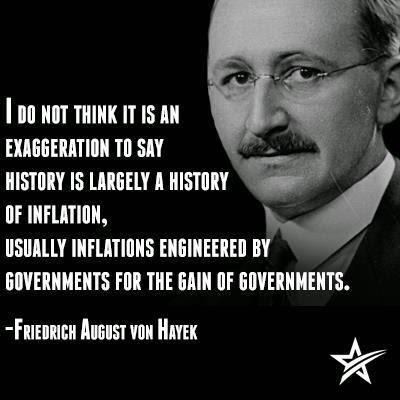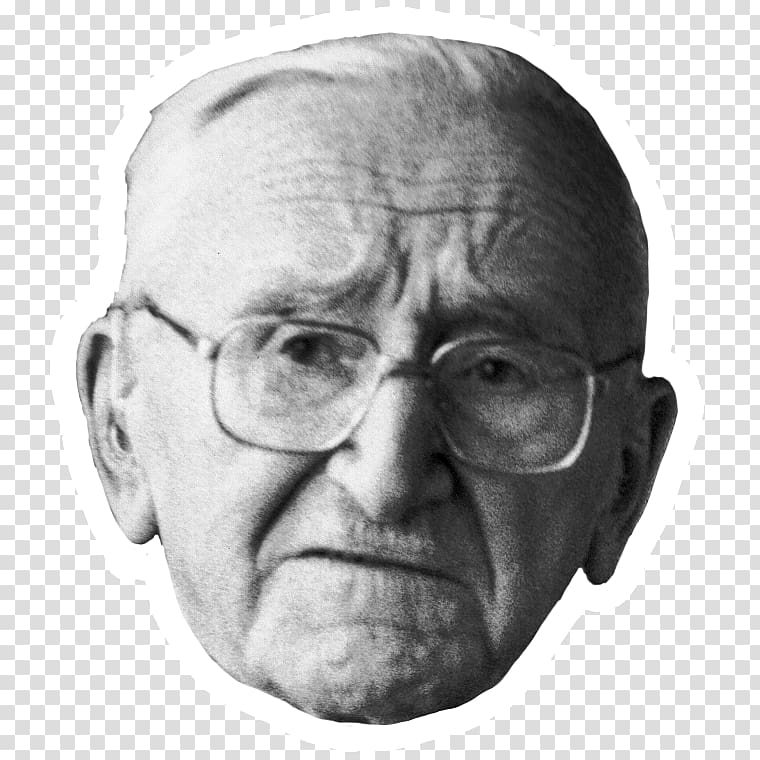

For a contrasting view of Hayek, see Peter J. It is in this spirit, then, that I take up the arduous task of criticism. We all, that is, the best of us, encourage our students to be critical about our own viewpoints, Hayek no less than anyone else. In criticizing him now, part of me feels as if I am “biting the hand that fed me.” The reason I finally decided to take pen to hand on this topic is that I feel I owe Hayek my best thoughts it would seem a dishonesty, and a renunciation of the scholarship for which he stood all of his life, to “pull punches” out of considerations of friendship. Hayek was always exceedingly kind to me, both personally and in writing for example, see his forward to Walter Block, Defending the Undefendable (New York: Fox and Wilkes, 1991). It is therefore incumbent upon an author, such as myself, who makes such a claim, to offer evidence in support of it.


This is a rather surprising thesis, even a paradoxical one, in view of the fact that 1994 was the 50th anniversary of Hayek’s Road to Serfdom, a book widely (and accurately!) credited with turning away from socialism the political thinking of an entire generation.

But if one weighs his output against that of free enterprise advocates who came later, or, better yet, against an ideal of laissez-faire capitalism, then one must categorize Hayek as lukewarm, at best, in his support of this system. When considered in comparison to the writings against which he contended, Hayek’s was a lonely voice, crying in the wilderness for freedom he stood, like the Dutch boy, with his finger in the dike of onrushing statism. The work of Hayek, in contrast with the Marxist-Socialist-Interventionist-Galbraithian paradigm that held sway in the mid-twentieth century, appears as a beacon for free enterprise amid a sea of totalitarianism.


 0 kommentar(er)
0 kommentar(er)
